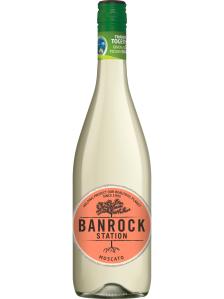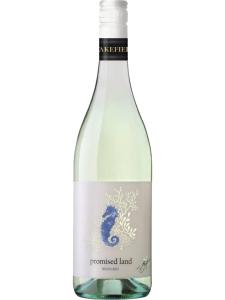-
中文名:
-
英文名:Muscat
-
种植区域:
-
香气:
-
颜色:
Muscat (Moscato in Italy, Moscatel in Spain and Portugal) is the name of one of the oldest and most widespread grape families in the world. The grapes we know today as Muscat – which are believed to have originated in the Middle East – have been used in winemaking since the times of the ancient Greeks. However, a long history brings with it an equally long list of synonyms, mutations and crossings.
There is no one "true" Muscat, but rather a great many incarnations, each with its own regional nuance and character. Muscat Blanc à Petits Grains (Moscato Bianco in Italy) is the oldest and most highly valued of the Muscat family. It is grown throughout the Old and New Worlds in a range of styles as diverse as its synonyms. The most notable wines made from Muscat Blanc à Petit Grains are Muscat de Beaumes de Venise, Muscat de Lunel, Clairette de Die and the traditional Vin de Constance wines of Constantia, South Africa. Lesser-known, but often of excellent quality, are the examples produced in Austria's Wachau region (better known for its crisp, dry Gruner Veltliner).
Other notable branches of the family include Muscat of Alexandria, the second-oldest member of the Muscat clan, known for its light and fruity white wines. Muscat Ottonel is pale and ripens early, while Muscat Hamburg is a black grape variety and is often used as a table grape. The colorfully named Moscatos Giallo and Rosa (yellow and pink) both come from northern Italy and are used to make a range of sweet and dry wines.
The distinctive grapey aroma of Muscat is one of its chief properties, but its versatility also makes it an attractive option for winemakers. Muscat may be produced as dry, medium, sweet, sparkling or even dessert wine, and are also used as table grapes around the world. However, the Muscat family in general has low acidity and is not suited to aging more than about four years (with the exception of fortified Muscat).
As a general rule, Muscat prefers warm climates and thrives in a typical Mediterranean climate. The best examples come from Italy, France, Spain and in Rutherglen, Australia. Italy produces more Muscat than any other country in the form of Moscato d'Asti, made from Moscato Bianco.
Despite their similar names, Muscadelle, Muscadet and Muscardin are not members of the Muscat family.
Synonyms include: Moscato, Moscatel.
Food matches for Muscat include:
- Poached fish fillet with salsa verde (dry)
- Cashew nut curry (sweet)
- Chocolate and custard pie (fortified)




